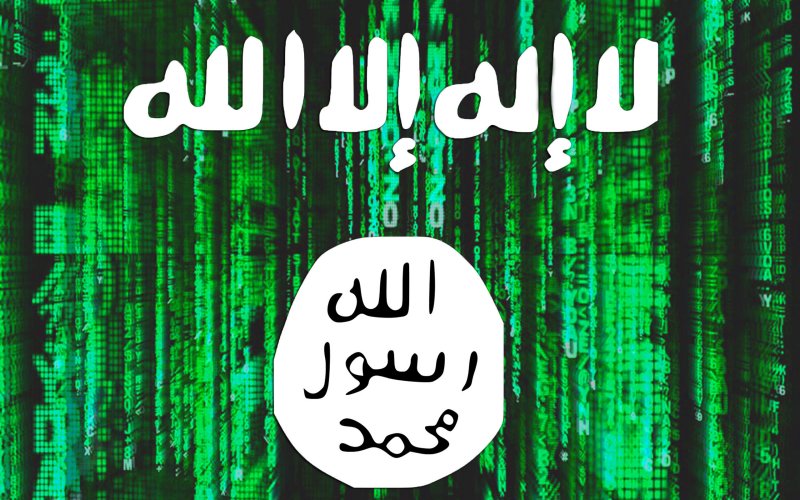News
Telling it straight on countering violent online extremism
May 11, 2015Millions of Euro are being pumped into producing online content aimed at preventing young people from being drawn into extremist activities via the Internet, especially via social media content consumption and interaction. Orla Lehane, a PhD candidate at Dublin City University’s School of Law and Government, is utilising Grounded Theory methods to explore whether on ...
Blog
Review – The Hizbullah Phenomenon: Politics and Communication
May 6, 2015by Morgane Colleau In The Hizbullah Phenomenon: Politics and Communication, Lina Khatib, Dinar Matar and Atef Alshaer offer a comprehensive analysis of the group’s sophisticated political communication strategy since its inception in 1982. Although they offer no startling insights into the group’s socio-political aims and approaches within Lebanon or its relations with foreign powers, their contribution lies ...
Blog
The State of al-Qaeda
April 29, 2015by Aaron Y. Zelin Ten years ago, an individual said: “We are in a battle, and that more than half of this battle is taking place in the battlefield of the media. And that we are in a media battle in a race for the hearts and minds of our Umma.” The individual was Aymen ...
Blog
Six Technical Steps for Fighting ISIS on Twitter
April 22, 2015Last week Twitter General Counsel, Vijaya Gadde, contributed an editorial in The Washington Post entitled ‘Here’s How We’re Trying to Stop Abuse while Preserving Free Speech.’ Yesterday, Twitter’s Director of Product Management, Shreyas Doshi, released new information on ‘Policy and Product Updates Aimed at Combating Abuse’ in a Twitter Blog post, including an update on their Violence and ...
Blog
European and American Extreme Right Movements and Their Online Politics
April 15, 2015by Manuela Caiani The Internet is generally regarded as an important vehicle of progress; however, it also embodies a ‘dark side’ that is not yet widely understood. Focusing on extreme-right organisations in six Western Democracies (Italy, Spain, France, Great Britain, Germany and the USA), our study found that the political use of the Internet by ...
News
Fellowship Programme on Violent Online Political Extremism
April 13, 2015Call for Expressions of Interest VOX-Pol is an EU FP7-funded Network of Excellence that integrates the world’s leading researchers and research groups in Violent Online Political Extremism. The network includes those researching the intersection of terrorism and the Internet (incl. violent jihadists, violent separatists, etc.), the online activities of the extreme left and the extreme ...
News
VOX-Pol participates in Canada’s Kanishka Project Symposium
April 13, 2015VOX-Pol participated in the Public Safety Canada Kanishka Project Symposium held in Ottawa, Canada from 30-31 March 2015. The Symposium surveyed social media/online-based research conducted under the Kanishka Project, a Canadian government initiative to invest in research on terrorism and counter-terrorism. The Symposium assessed what has been learned during the project, particularly in relation to ...
Blog
Lone Actor Terrorism and the Internet: What Role, If Any?
April 8, 2015by Paul Gill Over the past few years, a number of concerns have been raised about both the nature of the Internet’s relationship with terrorism and the threat posed by lone-actor terrorists. Despite these growing concerns, both literatures have lacked an empirical focus. The tendency to focus upon theory-building and illustrative examples means that we ...
Blog
How to Beat the Media Mujahideen
April 1, 2015by Jamie Bartlett and Ali Fisher These days, you no longer need to fly halfway across the world to join your chosen extremist cause. You can be a jihadi from behind your screen, contributing to the effort with propaganda or cyber attacks. The public profile of the so-called ‘Islamic State’ (IS) and their online supporters ...
Blog
Cyber Jihadists and Their Web
March 25, 2015by Beatrice Berton and Patryk Pawlak Jihadist militants have long operated in the pockets of instability which stretch from Bamako to Bagdad. However, they have also been making the most of governance problems in the world’s biggest open space: the internet. Forced to confront this fact, the governments of France, the UK and the US, ...









